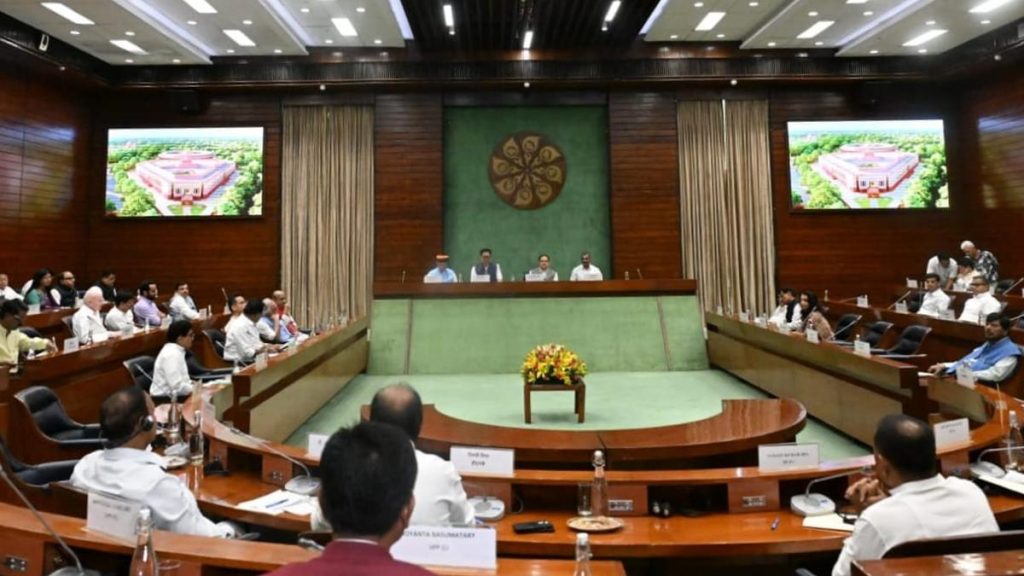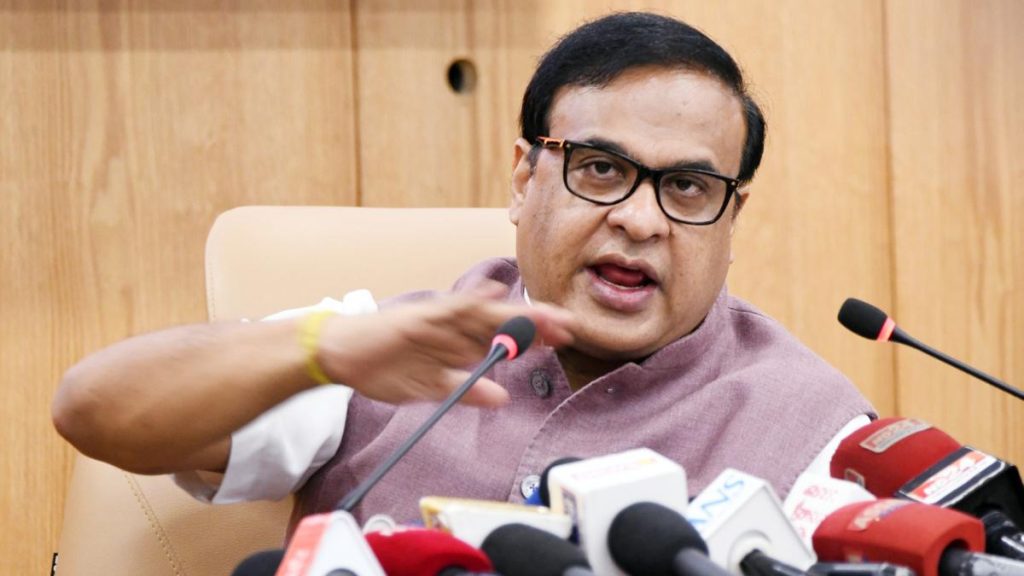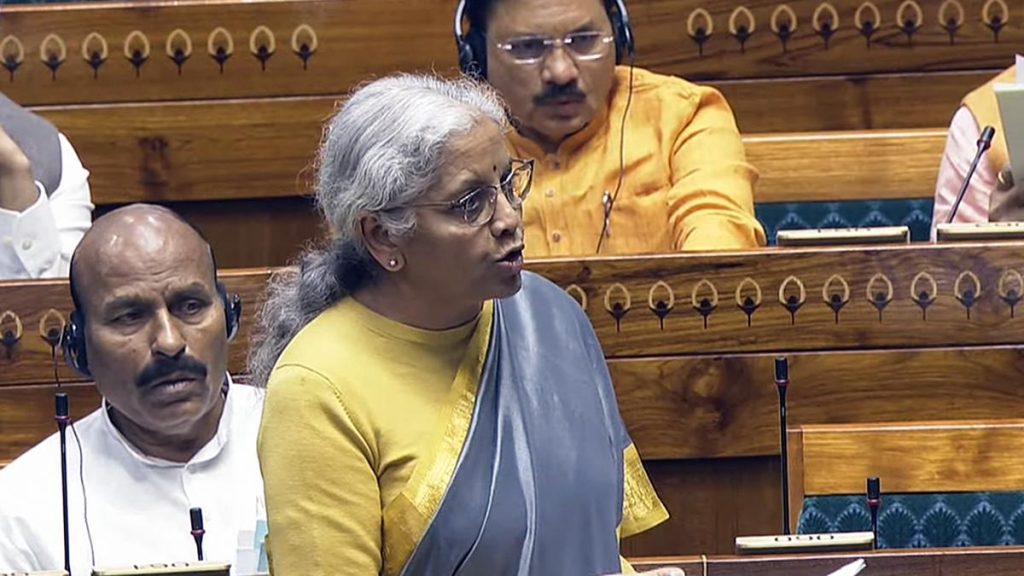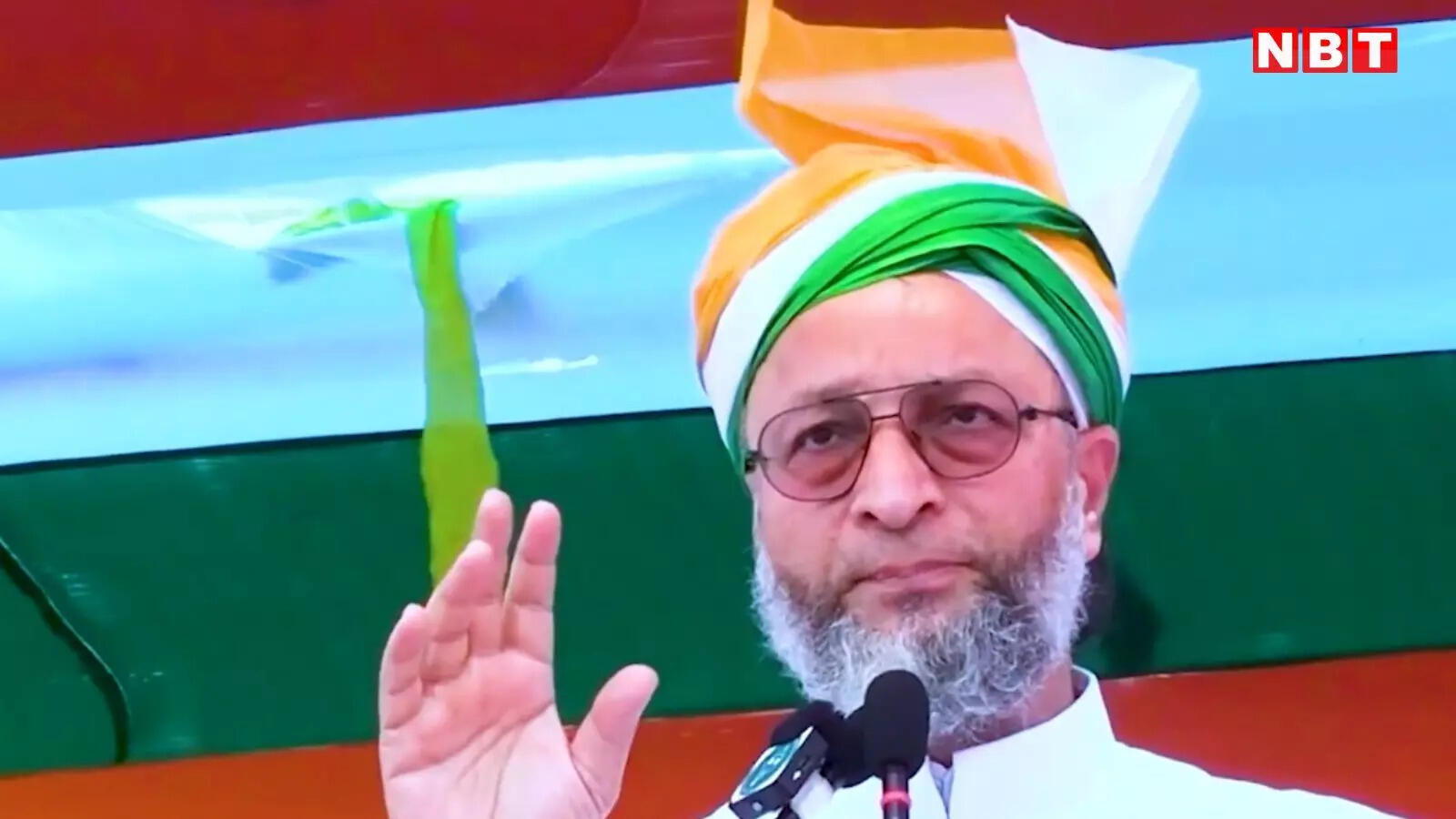Now Reading: Unveiling India’s Most Unusual Government Programs
-
01
Unveiling India’s Most Unusual Government Programs
Unveiling India’s Most Unusual Government Programs

Speedy Summary
- Global Initiatives: Several countries, including the U.S.,UK,Europe,and Russia,are launching innovative programs using advanced technologies across construction materials,defense systems,AI applications,agriculture enhancements,and underwater breathing technology.
- U.S. DARPA projects:
– Engineered Living Materials: Developing building materials integrated with living tissues to grow on-site and self-repair.- Resilient Tunnel Plug: Technology designed to prevent subway flooding for up to 21 days without interrupting traffic.
- Speech Privacy Initiative: The ARTS program manipulates speech in real-time for privacy protection against identification tools and exploitation.
- Energy Efficiency:
– U.S. Electrofuels initiative uses microorganisms for generating energy-efficient biofuels without relying on photosynthesis.
- Robotic Surgery Research: ARPA-H explores autonomous robotic surgery in emergencies where human surgeons may be inaccessible or unsupported by resources.
- Aerodynamic Innovations: U.S. Air Force microvane drag reduction technology improves fuel efficiency by reducing airplane drag by 1%.
- Programmable Agriculture (UK):
– Creation of programmable seeds aiming at better food security while addressing global carbon dioxide levels through synthetic genetics advancements.
- Russian Military Tech Advances:
– Focused efforts on hypersonic vehicles, AI-driven weapons systems, underwater robots with liquid respiration capabilities enabling breathing underwater.
Indian Opinion Analysis
These projects represent significant strides toward futuristic innovation shaped by national needs such as climate action goals (biofuels), urban resilience (flood prevention), military superiority (AI militarization), or agricultural sustainability (programmable crops). While India isn’t featured in these developments directly within this article’s context-this signals an vital opportunity for Indian policymakers to study global technological strategies closely.
India could benefit from adopting similar initiatives tailored to its infrastructure challenges like urban flooding and sustainable farming strategies amid climate change. Furthermore, collaborating internationally could ensure India is not left behind in cutting-edge domains like autonomous technology or biofuel innovation.
Future policy investments might focus not only domestically but also positioning India as a hub that engages actively in joint R&D endeavors involving the technologies highlighted here while ensuring ethical frameworks govern their usage globally.Read More
























